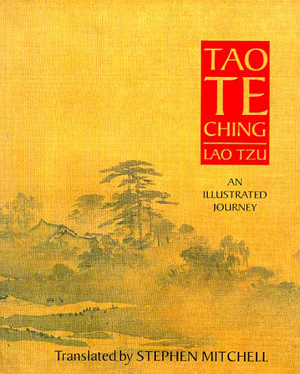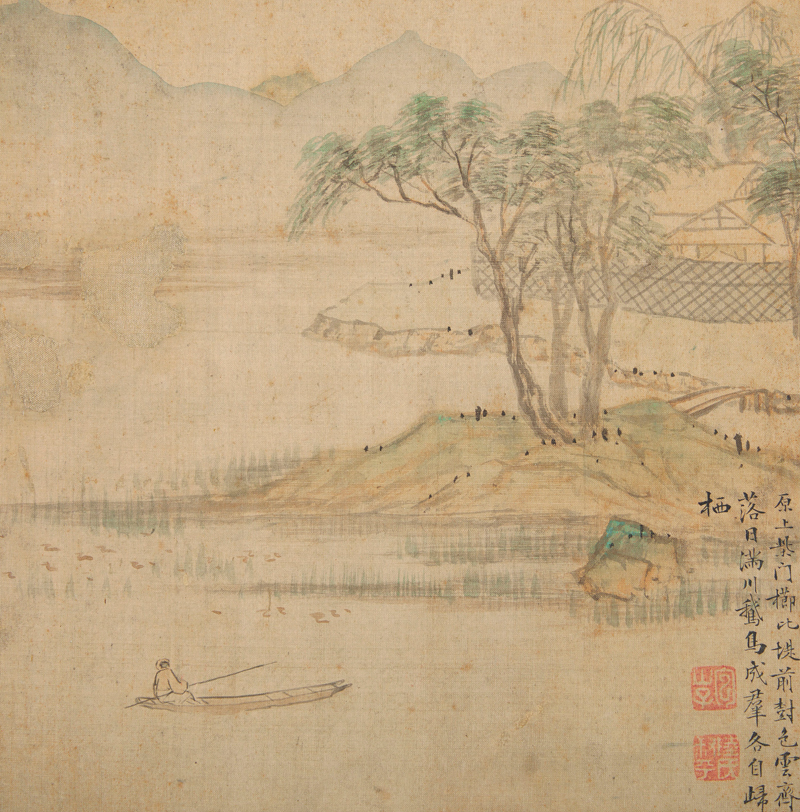
Photograph: Public Domain
The solitary path
“True mastery can be gained by letting things go their own way.”
OVER THE YEARS, I have collected a number of editions of Lao Tzu’s seminal text, the Tao Te Ching. Enforced solitude has meant that I have rediscovered many of them whilst decluttering my bookshelves and their wisdom has been a welcome relief from pandemic pandemonium. By far and away the most beautiful, both in terms of its exquisite verse and sumptuous graphics, is the illustrated translation by the American scholar, Stephen Mitchell.
Despite the fact that very little is known about the Chinese philosopher, Lao Tzu (6th-century BC) needs no introduction, being the alleged author of one of the most famous spiritual texts in the world. The legend goes that, disillusioned with life at the court of the Chinese Zhou Dynasty where he worked as a keeper of the archives, Lao Tzu decided to renounce his civic duties once and for all and head west to live out his days as a hermit. When he reached the city gates (some say riding a water buffalo), however, the sentry immediately recognized who he was. Fearing his wisdom would be lost forever, the gatekeeper asked Lao Tzu if he would write down everything he knew about the mystical path. The 81 verses of the Tao Te Ching were the result.
Also known as The Book of the Way, the Tao Te Ching is a timeless guide to the art of living. Its central figure, the Master, lives in complete harmony with the Tao, the irreducible essence of the universe. Surrendering one’s life to the Tao, as the Master exemplifies, brings wholeness and inner tranquillity. Indeed, by emptying ourselves of desire and judgement, we discover universal truths within the very heart of our own being, manifesting as infinite compassion and unabated love. And so herewith a selection of verses that I found particularly pertinent during lockdown.
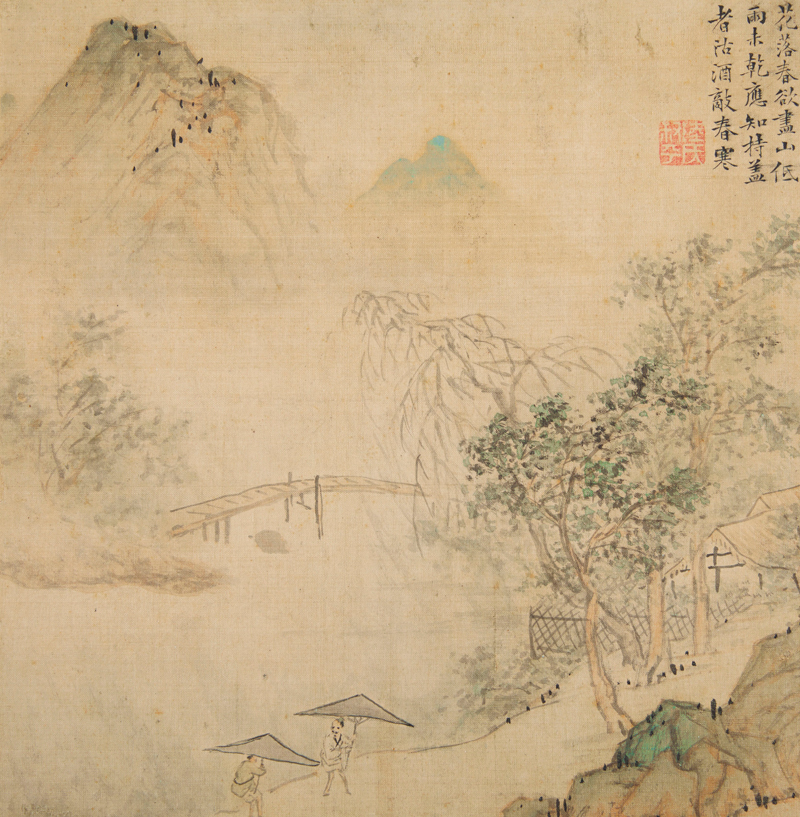
Photograph: Public Domain
Empty your mind of all thoughts.
Let your heart be at peace.
Watch the turmoil of beings,
but contemplate their return.Each separate being in the universe
returns to the common source.
Returning to the source is serenity.If you don’t realize the source,
you stumble in confusion and sorrow.
When you realize where you come from,
you naturally become tolerant,
disinterested, amused,
kind-hearted as a grandmother,
dignified as a king.
Immersed in the wonder of the Tao,
you can deal with whatever life brings you,
and when death comes, you are ready.
—Tao Te Ching, 16
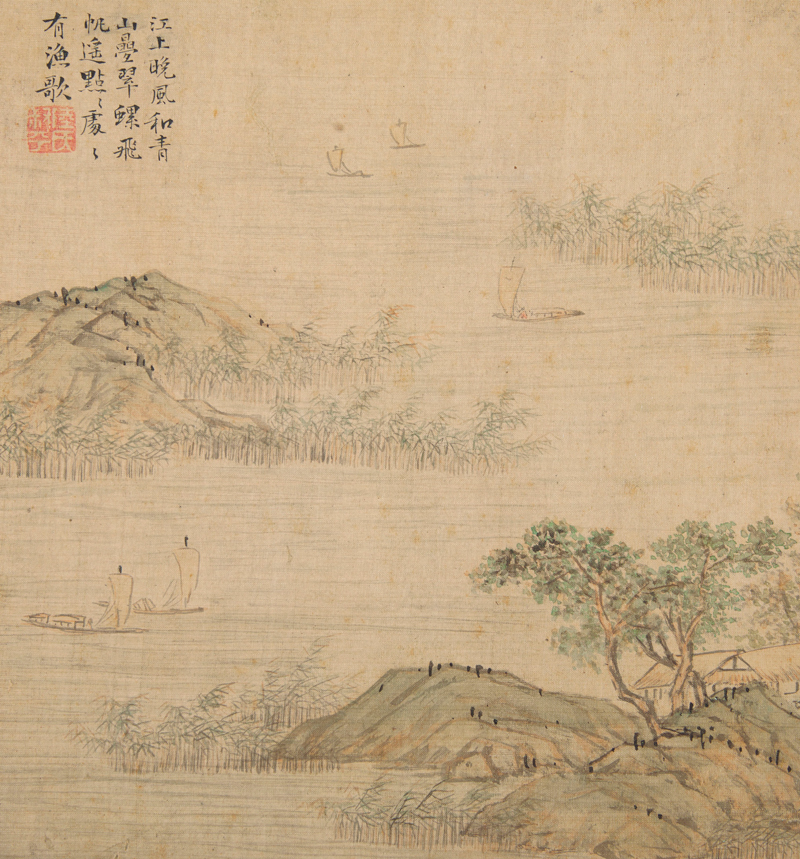
Photograph: Public Domain
Stop thinking, and end your problems.
What difference between yes and no?
What difference between success and failure?
Must you value what others value,
avoid what others avoid?
How ridiculous!Other people are excited,
as though they are at a parade.
I alone don’t care,
I alone am expressionless,
like an infant before it can smile.Other people have what they need;
I alone possess nothing.
I alone drift about,
like someone without a home.
I am like an idiot, my mind is so empty.Other people are bright;
I alone am dark.
Other people are sharp;
I alone am dull.
Other people have a purpose;
I alone don’t know.
I drift like a wave on the ocean.
I blow as aimless as the wind.I am different from ordinary people.
I drink from the Great Mother’s breasts.
—Tao Te Ching, 20
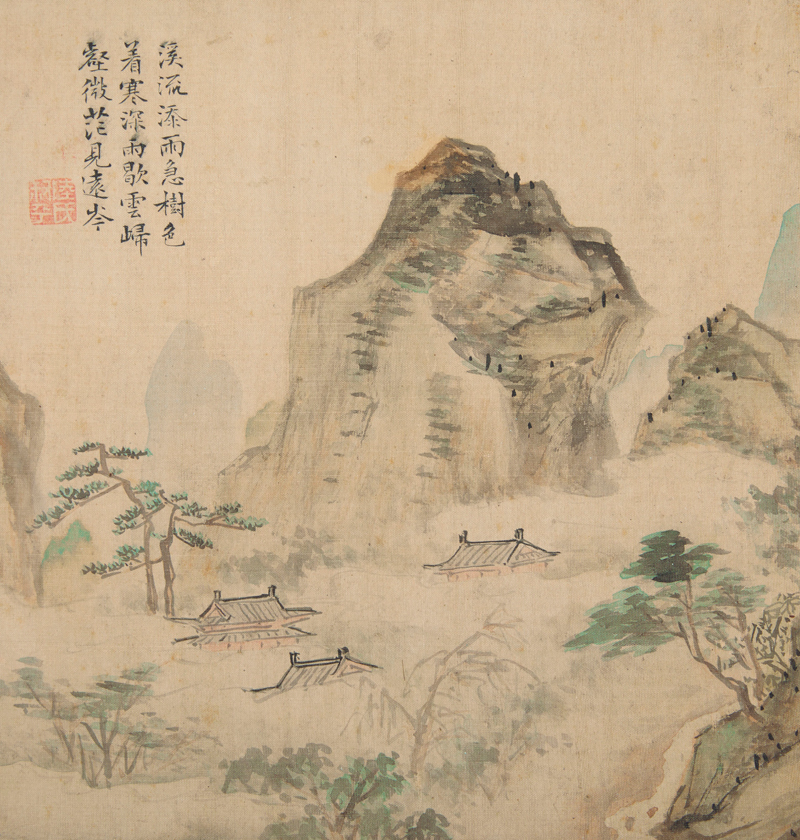
Photograph: Public Domain
True perfection seems imperfect,
yet it is perfectly itself.
True fullness seems empty,
yet it is fully present.True straightness seems crooked.
True wisdom seems foolish.
True art seems artless.The Master allows things to happen.
She shapes events as they come.
She steps out of the way
and lets the Tao speak for itself.
—Tao Te Ching, 45
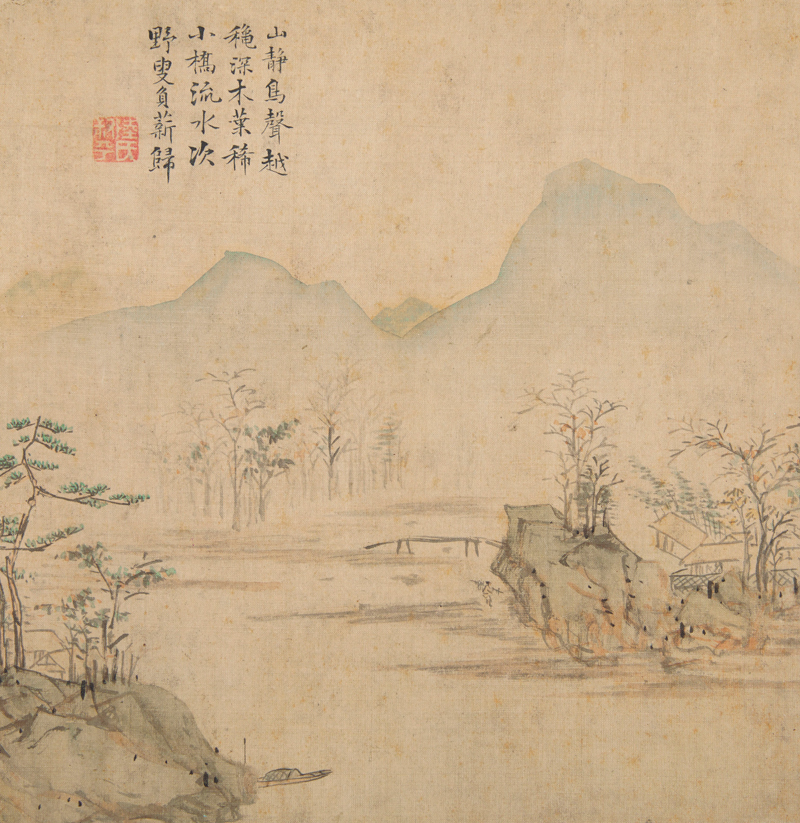
Photograph: Public Domain
In the pursuit of knowledge,
every day something is added.
In the practice of the Tao,
every day something is dropped.
Less and less do you need to force things,
until finally you arrive at non-action.
When nothing is done,
nothing is left undone.True mastery can be gained
by letting things go their own way.
It can’t be gained by interfering.
—Tao Te Ching, 48
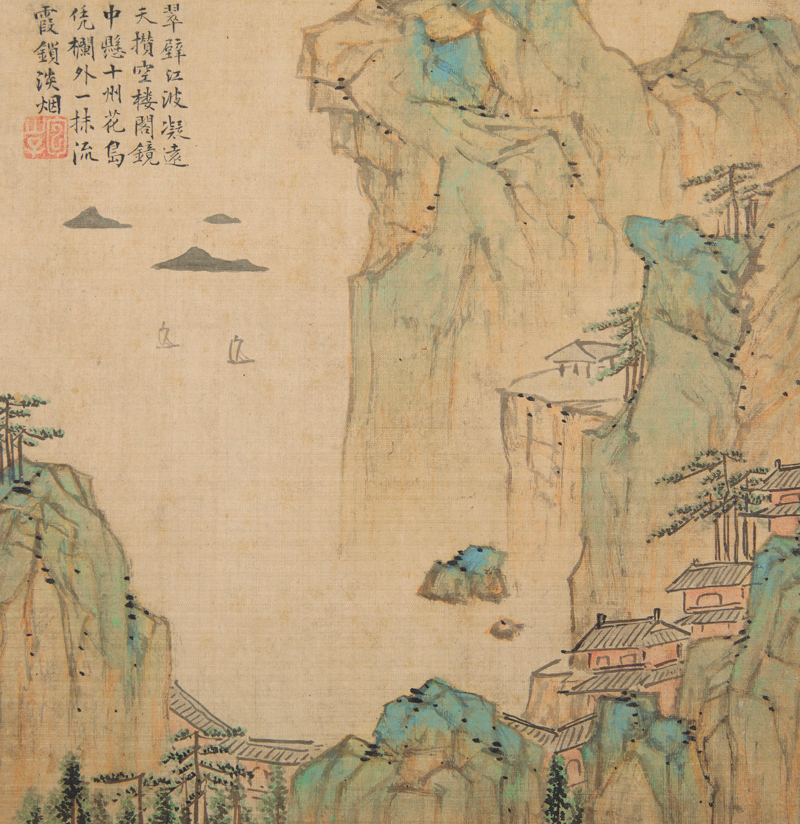
Photograph: Public Domain
If you want to be a great leader,
you must learn to follow the Tao.
Stop trying to control.
Let go of fixed plans and concepts,
and the world will govern itself.The more prohibitions you have,
the less virtuous people will be.
The more weapons you have,
the less secure people will be.
The more subsidies you have,
the less self-reliant people will be.Therefore the Master says:
I let go of the law,
and people become honest.
I let go of economics,
and people become prosperous.
I let go of religion,
and people become serene.
I let go of all desire for the common good,
and the good becomes common as grass.
—Tao Te Ching, 57
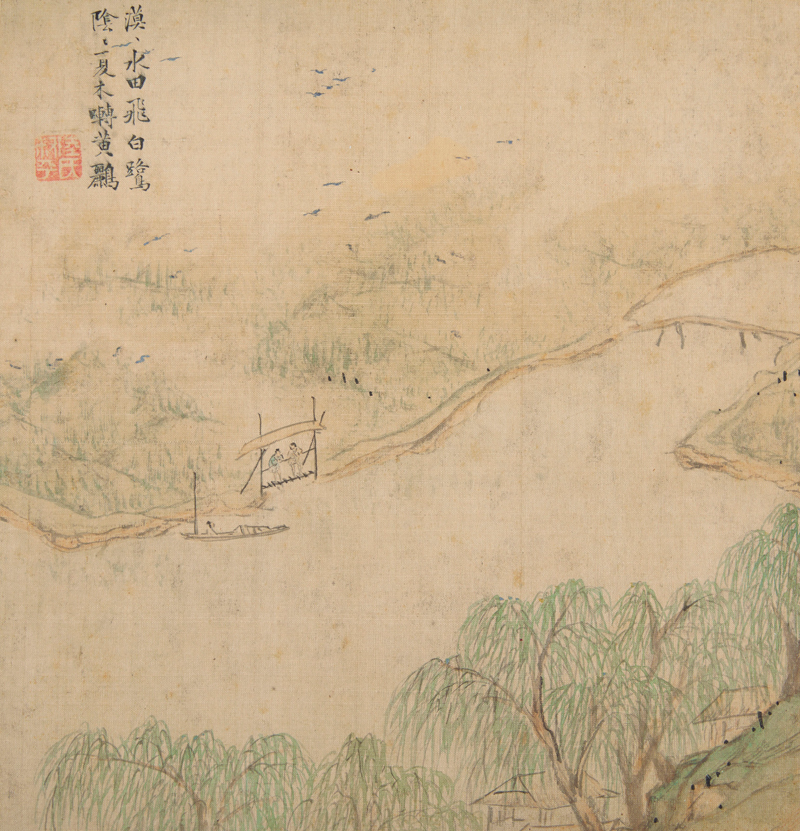
Photograph: Public Domain
My teachings are easy to understand
and easy to put into practice.
Yet your intellect will never grasp them,
and if try to practise them, you’ll fail.My teachings are older than the world.
How can you grasp their meaning?If you want to know me,
look inside your heart.
—Tao Te Ching, 70
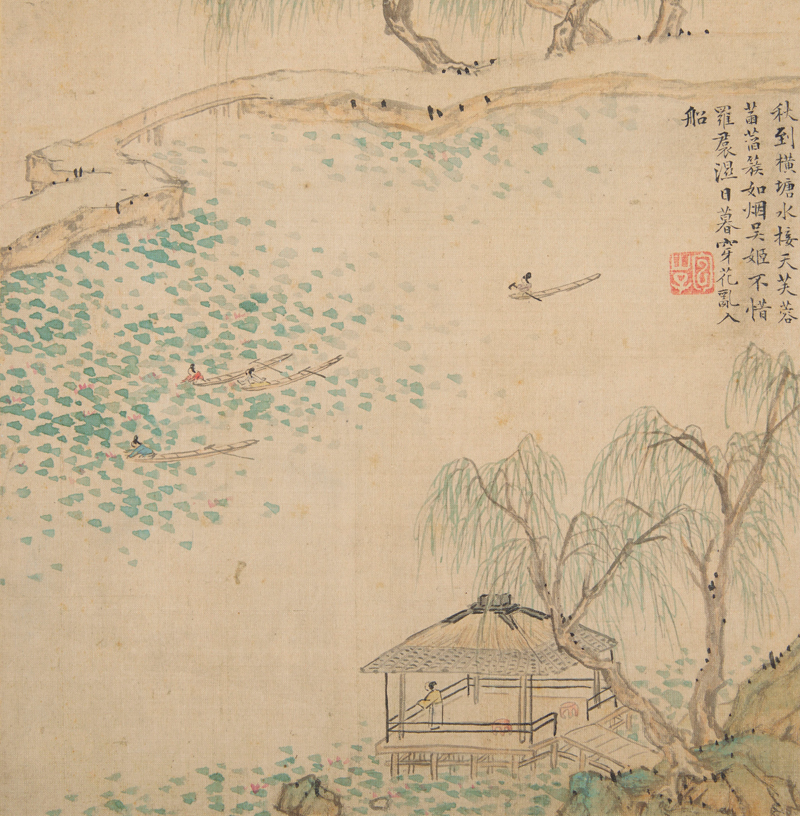
Photograph: Public Domain
True words aren’t eloquent;
elegant words aren’t true.
Wise men don’t need to prove their point;
men who need to prove their point aren’t wise.The Master has no possessions.
The more he does for others,
the happier he is.
The more he gives to others,
the wealthier he is.The Tao nourishes by not forcing.
By not dominating, the Master leads.
—Tao Te Ching, 81
Post Notes
- Kim Ki-duk: Spring, Summer, Autumn, Winter … and Spring
- Hannah Peschar Sculpture Garden & Zen Master Ryokan
- Ajahn Sumedho: The Sound of Silence
- Jack Kerouac: Alone on a Mountaintop
- Alan Watts: Cloud-Hidden, Whereabouts Unknown
- Edward A. Burger: Amongst White Clouds
- Matsuo Bashō: The Narrow Road to the Deep North
- David Lynch: Catching the Big Fish
